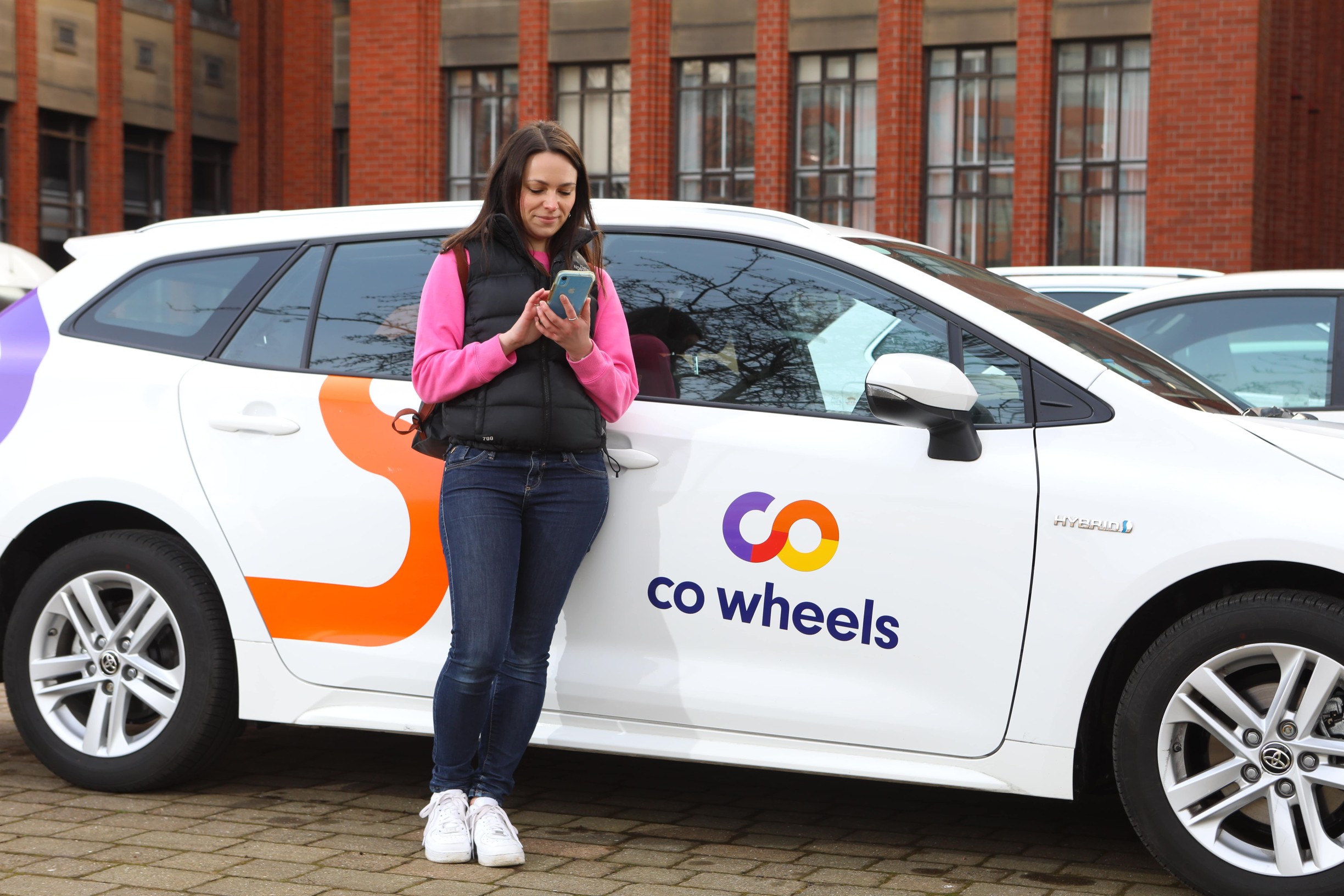
5 questions to help decide if you should take your car to university
September 10th, 2021
Moving to university can be one of the most overwhelming times of your life. Your life is changing, and it may feel a bit chaotic as you make endless decisions that will shape the way you live your life. Meeting new people, moving away from home, and looking after yourself for the first time is exciting and stressful all at once.
While you’re probably about to enjoy a whole new world of freedom, you might have to give up the original symbol of independence – your car.
It’s a difficult thing to give up; being the “hero friend” that drives your friends about, easy shopping trips, and never having to hang around for the bus in the rain. To help you decide whether to take your car to university – just ask yourself these five questions.
Can I afford it?
Being a student unfortunately means that you might find yourself scraping together change. With insurance costs, rising petrol prices and unpredictable parking charges, the cost of a car can be a huge burden. Thinking about whether you can afford the regular monthly payment of a car is an important part of your budgeting.
Does my car damage the environment?
Climate change is a real threat and living sustainably has become a top priority for many of us. If your car runs on fuel, it is unfortunately contributing to the climate crisis. By opting out of taking a car to university, you are doing your bit in the fight against climate change.
Will I have anywhere to park?
A lot of universities are in a city, where car parking spaces are rare or massively overpriced. If you leave your car at home, you won’t have to worry about finding space or paying for permits or parking fines. Cities usually have a variety of alternative transport links within the city itself, so a car is often unnecessary.
Do I do enough exercise?
Recent studies have suggested that walking 7000 steps a day will reduce the risk of health problems in later life. Deciding to leave your car at home will push you into a more active lifestyle, which will not only benefit your bank balance but your health too.
Can I borrow a car?
Although there are downsides to having a car, the main reason many people take them to university comes back to freedom. A car gives you the freedom to travel, work away or visit family whenever you like. At uni you could be moving to a new house each year, doing bulk buys at the supermarket, and heading outside of the city itself to visit out of town attractions. Having a car can sometimes come in handy.
In many places across the UK, you can always borrow a car on an hourly or daily basis. Joining a car club is an easy option for people who still want the freedom of a car but without the hassle or monthly payments.
Co Wheels is a car club that has electric and hybrid vehicles up and down the country. On a pay as you go basis, you can pick up a car from one of the designated parking spaces and go wherever you need to, for as long as you like from as little as £4.75 per hour. It’s available in over 50 locations including Bristol, Newcastle, Oxford, and Glasgow – some of the most popular uni destinations.
If you’re still not sure on your options, talk to the student ambassadors or your friends in the city you’re moving to – no doubt they’ll be able to give you the details on whether or not you always need cars parked outside your new place.
Relevant reading

What are pay as you go cars?
Hands up who could live without a car?Doing the school run, a quick trip to the shops, the long commute to work and a short journey to the park with the family. Could you imagine doing this without a car?

5 simple life hacks for students
If you are a student or you’re just looking to be more efficient with your money, then look no further we have 5 simple life hacks that will save you money whilst you’re at university.
